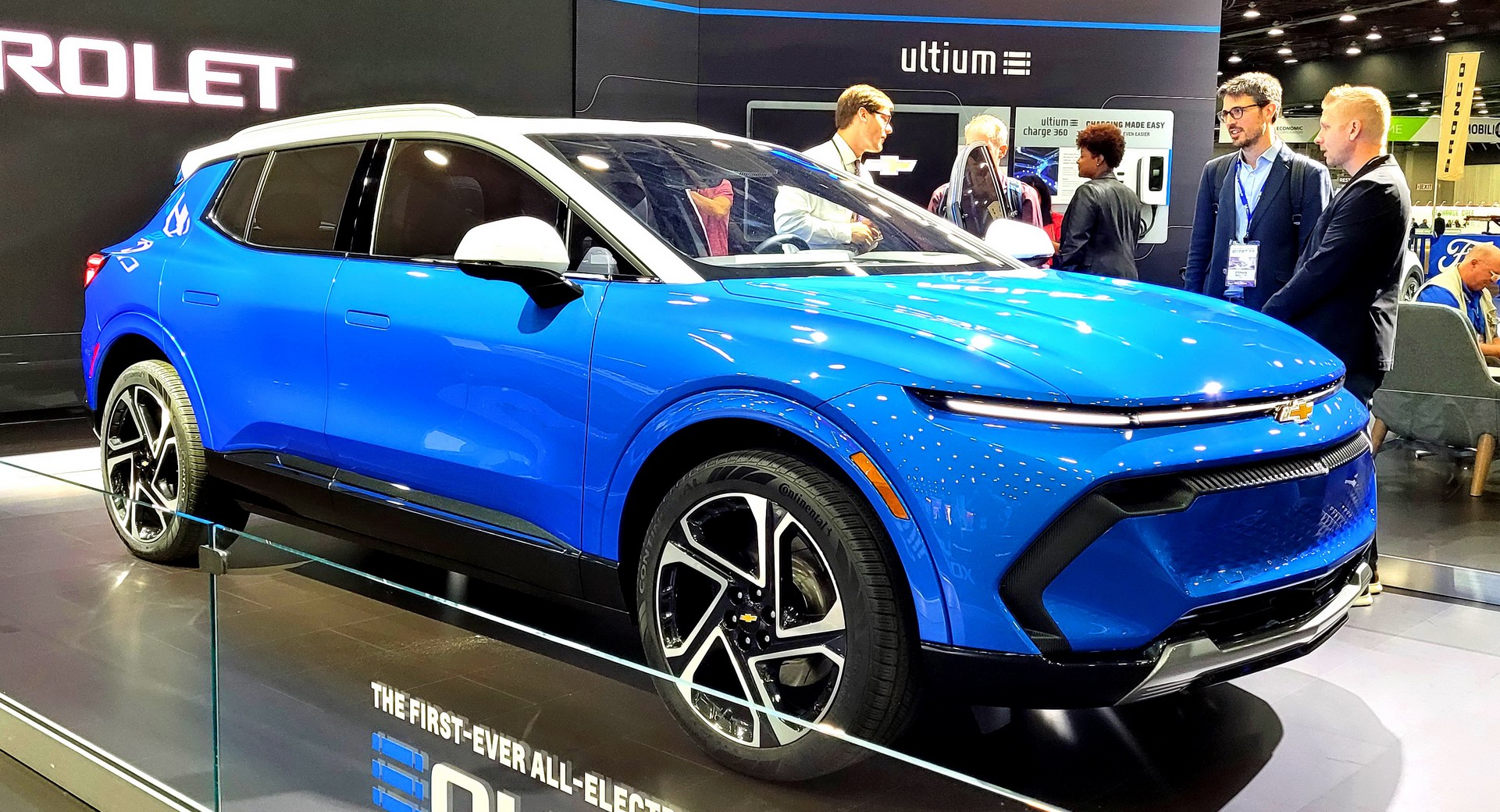Challenges and Opportunities in Pakistan’s Transition to Electric Vehicles
Pakistan is facing significant challenges in its transition toward electric vehicles (EVs), with industry leaders expressing concerns over the lack of charging infrastructure and high vehicle costs. These obstacles are seen as major barriers to the country’s efforts to embrace clean energy and reduce carbon emissions. During a recent consultative meeting with the Ministry of Climate Change and Environmental Coordination, representatives from the EV sector emphasized the urgent need for action to accelerate the adoption of electric mobility.
The meeting, led by Secretary Aisha Humera Moriani, focused on developing strategies to strengthen the electric mobility sector. One of the key points raised was the necessity of establishing a comprehensive network of modern charging stations, particularly along highways and motorways. Without this infrastructure, the growth of the EV market is expected to remain limited. Stakeholders also urged the government to provide financial support and streamline policies to make electric vehicles more accessible and affordable for the general public.
Secretary Moriani acknowledged that inadequate charging infrastructure is a critical challenge, especially in urban areas. She stressed that substantial investment is required in this domain to meet the government’s green energy goals. The ministry has also expressed a commitment to collaborating with the private sector to develop sustainable solutions that can support the expansion of the EV market.
In addition to new EVs, participants discussed the potential of retrofitting existing fuel-based vehicles as a cost-effective method to reduce emissions. This approach is particularly relevant in Pakistan, where motorcycles account for a significant portion of the 37 million registered fuel vehicles. Experts suggested that converting motorcycles to electric could offer a quick and affordable way to move toward cleaner transportation.
Muhammad Asif Sahibzada, Director General for Environment, highlighted that motorcycles are a major contributor to pollution. He pointed out that creating standardized retrofitting options could help lower emissions and reduce reliance on imported fuel while keeping costs manageable for consumers.
The discussion also touched on the importance of national policy and stronger partnerships between the government and private sector. Industry leaders and officials agreed that practical incentives and bold steps are necessary to speed up the shift toward electric vehicles. These measures are not only essential for achieving environmental benefits but also for supporting long-term economic growth.
Overall, the meeting underscored the need for coordinated efforts to overcome the challenges currently hindering the EV sector. With the right policies, investments, and collaborations, Pakistan has the potential to build a more sustainable and environmentally friendly transportation system.







